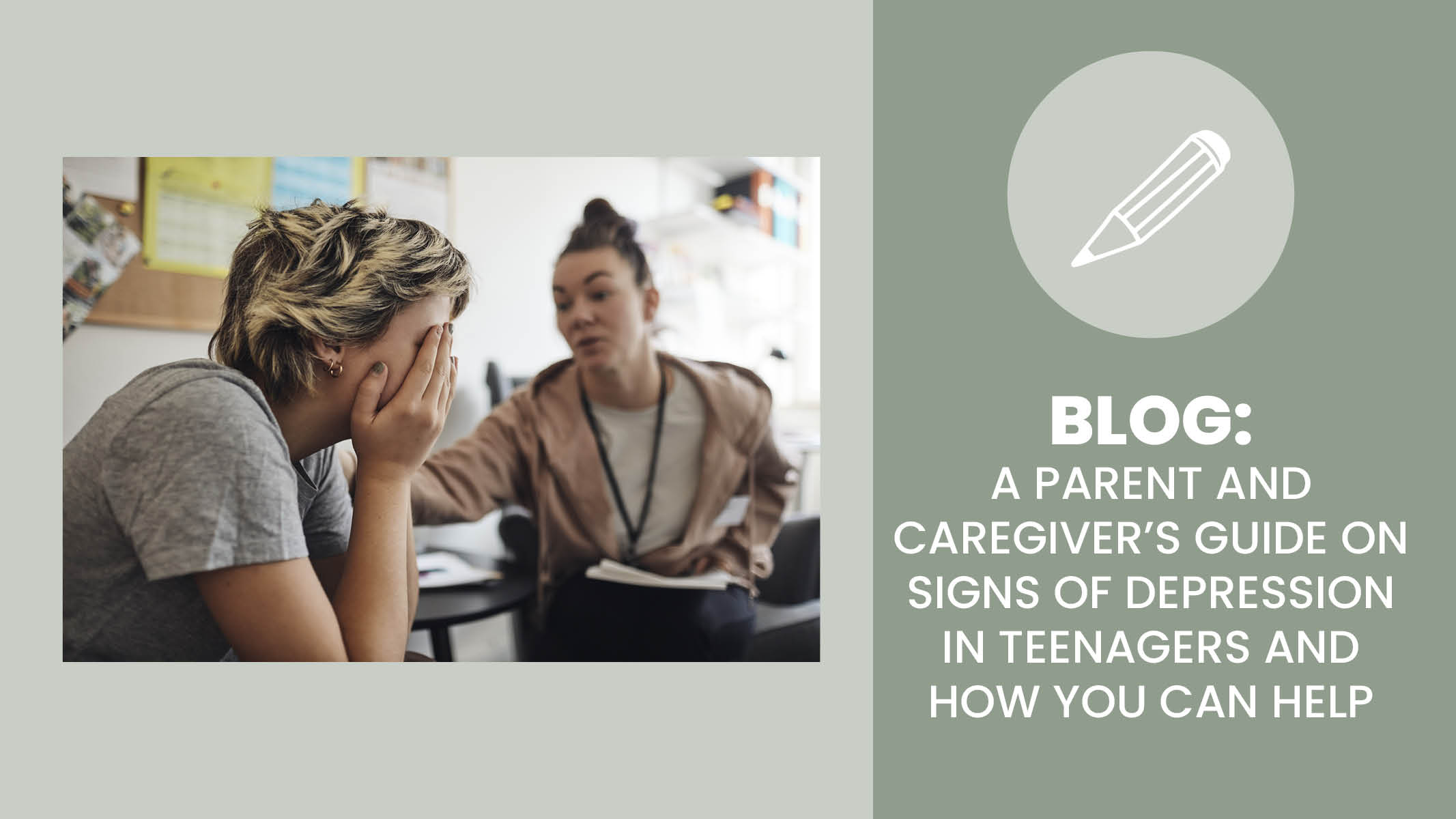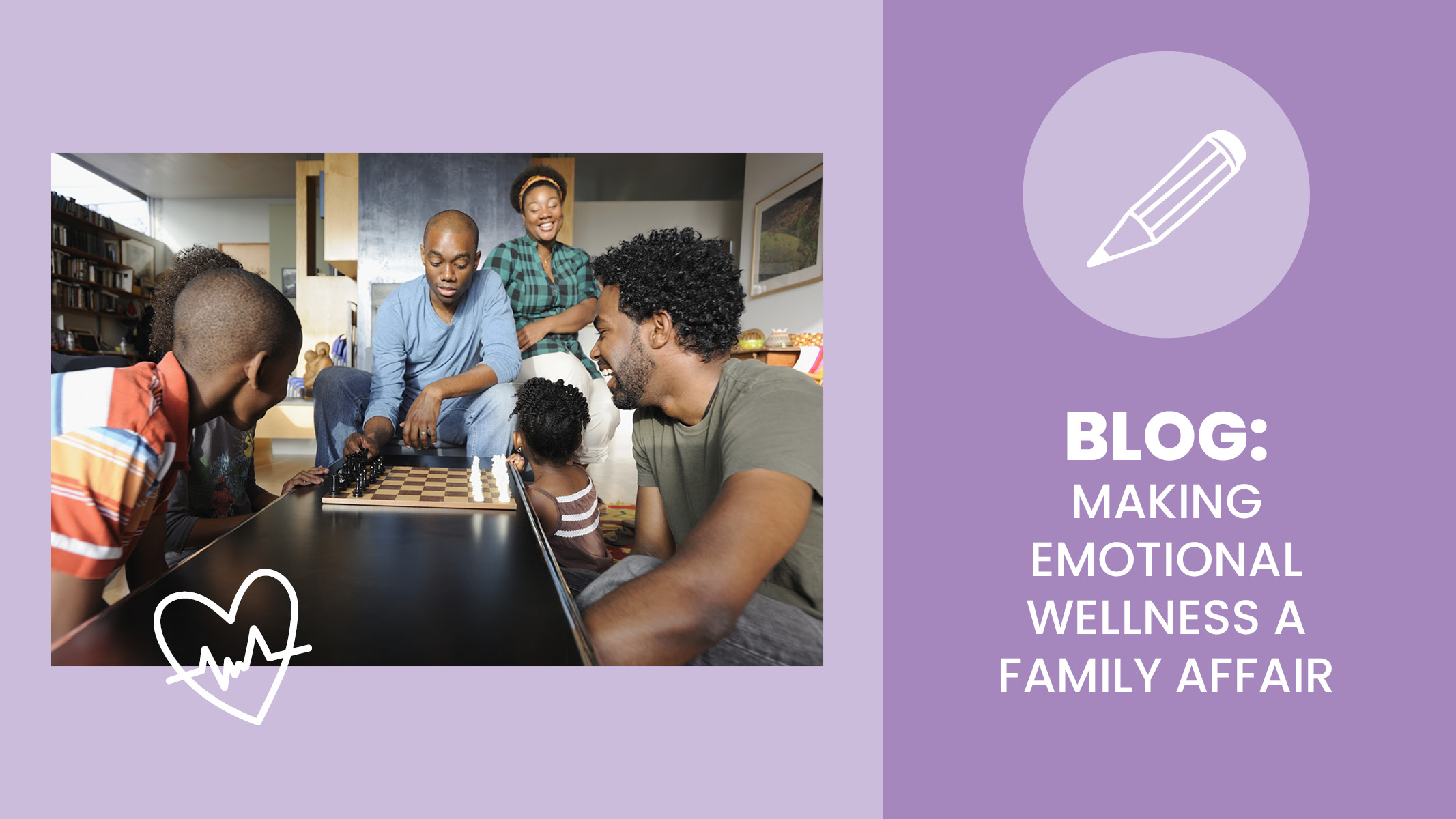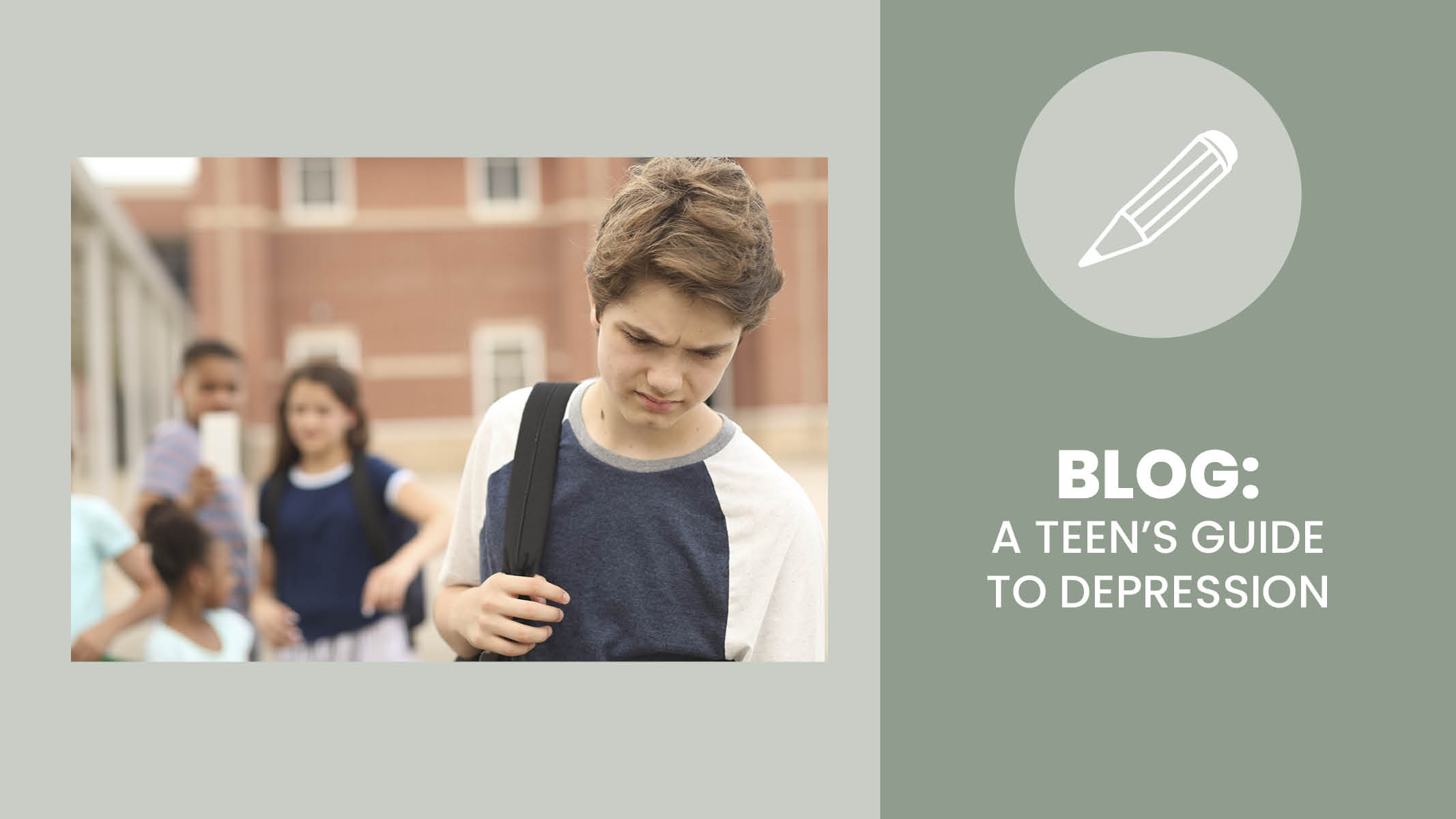The teenage years are tough. Social media, academic performance, extracurricular activities, peer relationships, and overall societal expectations to succeed can all impact a teen’s mental health and well-being. It is normal for a teen to experience some growing pains and ups and downs in their teenage years, but they shouldn’t feel hopeless. So how do you know if what your teen is experiencing is normal or something more serious?
We sat down with Dr. Cross-Hillman, a Psychologist at Sanford Health, to talk about teenage depression and how parents, caregivers, and educators can better understand this condition in teens.
What is depression? How can you tell what’s normal and what’s not? As a caregiver, you may have witnessed or experienced your teen feeling sad or acting out in abnormal or unexpected ways. However, depression is more than an occasional bad mood. Depression is feeling very sad or having a loss of interest in normal activities for 2 weeks or more. According to Dr. Cross-Hillman, distinguishing between the normal ups and downs and something more serious can be challenging. She explains, “It can be developmentally normal for teenagers to spend more time away from parents and caregivers as they work toward independence. Because of that, it’s important to consider how persistent those ups and downs in mood are, and whether there are more “downs” or irritability more days than not for at least two weeks.”
What causes depression in teens? According to Dr. Cross-Hillman, “Depression in teens can be related to environmental factors such as stressors at home, school, or related to peers. Biological factors such as a history of depression or mood disorders in the family can also play a role in a teen’s depression.” Most often, she explains, it seems to be a combination of both.
What are the signs and symptoms of depression? What does it feel like to teens? The symptoms of depression can vary from person to person, but overall, depression can change the way you think, feel, and function in everyday life, affecting home, school, and social life. Oftentimes, depression can look like:
- Emotionally or physically withdrawing from family or friends.
- Fighting with family or friends more than usual.
- Life and the future seem pointless.
- A sense of worthlessness or guilt.
- Trouble thinking, concentrating, making decisions, and remembering things.
- Thoughts of self-harm or suicide.
- Insomnia or sleeping too much.
- Use of alcohol or drugs to cope.
Dr. Cross-Hillman explains that seeing any of these symptoms persist for 2 or more weeks is a strong sign that your teen may be experiencing depression.
What can I do if I think my child or someone I know is depressed? How can I support them?
- Talk to Your Teen: Express to your teen that you’ve noticed they’re going through a tough time, but that you’re there to help. Genuinely listen, avoid judging or comparing, and offer your support by assuring them they are not alone.
- Encourage Social Connection: Suggest some activities that align with your teen’s interests, offer to have friends over, or set aside time each day to talk with your teen (without distractions!)
- Prioritize Physical Health: Depression can worsen with inactivity, poor sleep, and lack of nutrition. Focus on joyful movement, balanced meals, limited screen time, and plenty of sleep.
- Schedule a Doctors Visit: A doctor will complete a full exam, checking for health issues that could be causing your teen’s symptoms. If needed, they can also provide a referral for a mental health professional.
- Support Your Teen Through Treatment: This is brave, vulnerable work. Now more than ever, your teen needs to know they are valued, loved, accepted, and that you’ll always be available to talk.
- Enjoy Your Time Together: Spend time doing things you both enjoy. Go for a walk, watch a movie, cook together, or do anything that helps you and your teen feel connected.
- If your teen is experiencing thoughts of self-harm or suicide or needs support now, call or text 988 to reach the Suicide & Crisis Lifeline or chat at 988lifeline.org.
When should my teen see a doctor? Dr. Cross-Hillman advises to “Consider seeing a doctor when you notice significant changes in mood, appetite, sleep patterns, interest level in things your teen used to enjoy, and changes in levels of engagement with peers that have lasted at least two weeks.”
Remember that depression is not a sign of weakness or something that can be overcome with willpower. Depression is highly treatable with the right care and support. There is hope and there is help.
For more resources on teenage depression, be sure to check out the Cheat Sheet for Parents and Caregivers on Understanding Teen Depression and the Activities for Teens. The article series on teen mental health is made possible by First International Bank & Trust.
Ready for More? You Might Also Like:
Identifying Stress and Anxiety in Teens and How You Can Help
Cheat Sheet for Parents & Caregivers: Stop the Mental Health Stigma
Mental Health is Health



